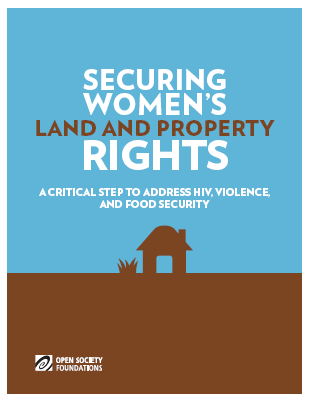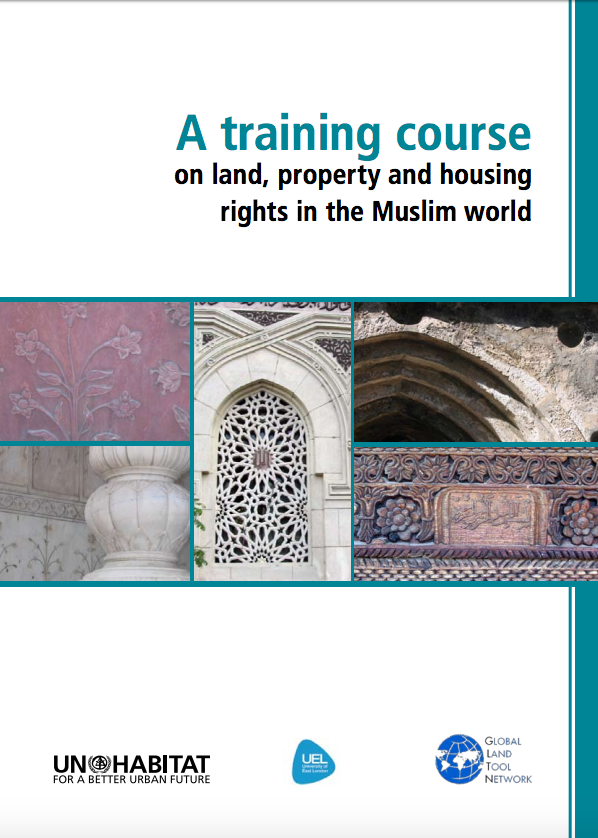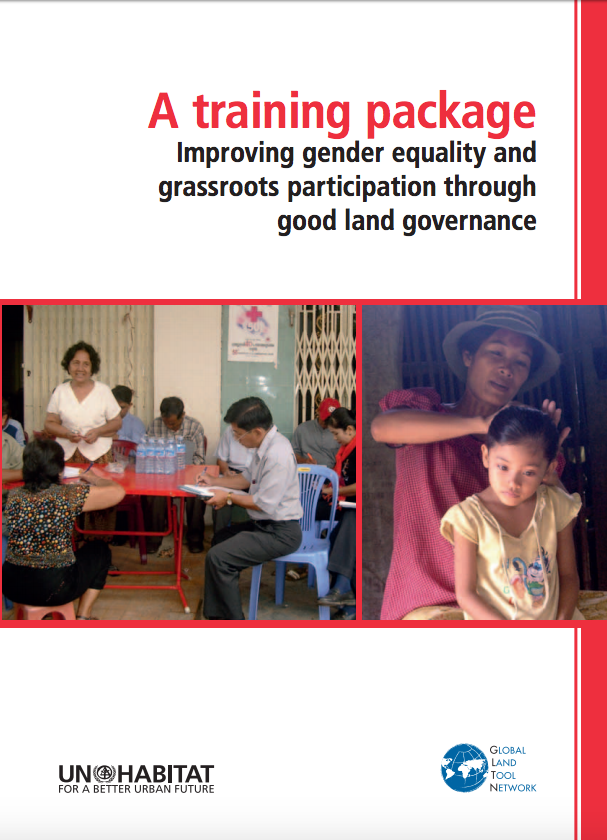Reducing poverty and hunger in Asia: The role of agricultural and rural development
After 30 years of dynamic growth and substantial poverty reduction in Asia, do agriculture and rural development still have a role to play in that region? The policy briefs in this collection provide abundant evidence that they do. Although the incidence of people living in poverty fell from more than 50 percent in the mid-1970s to 18 percent in 2004, and the incidence of hunger fell to 16 percent, Asia is still home to more than half of the world’s poor, most of whom live in rural areas. Agriculture and rural development are thus still key to reducing poverty and hunger in the region.








